New Delhi, Nov 2 : The Indian Space Research Organisation (ISRO) is set to launch the Indian Navy's GSAT-7R (CMS-03) communication satellite today evening, marking a major milestone in India's space-based defence capabilities. Developed indigenously, the satellite is India's heaviest communication satellite to date, weighing approximately 4,400 kilograms.
The launch is scheduled for 5:26 PM from the second launch pad of the Satish Dhawan Space Centre in Sriharikota. According to ISRO, CMS-03, also known as GSAT-7R, weighs 4,410 kg and will be placed in a Geosynchronous Transfer Orbit (GTO) measuring approximately 29,970 km x 170 km from Earth's surface.
"This satellite, weighing over 4,400 kg, includes several indigenous systems developed to strengthen the Navy's secure communication network," the Indian Navy said in a statement.
The LVM3 (Launch Vehicle Mark-3), popularly dubbed as 'Bahubali' for its heavy-lift capability, stands 43.5 metres tall and has a liftoff mass of 642 tonnes. It uses a three-stage propulsion system comprising two S200 solid rocket boosters, an L110 liquid stage powered by twin Vikas engines, and a cryogenic upper stage (C25).
The 24-hour countdown for the mission began on Saturday, with liftoff scheduled for 5:26 PM from the second launch pad. The event will be streamed live on ISRO's official YouTube channel.
Developed indigenously, CMS-03 is a multiband communication satellite designed to enhance the Indian Navy's space-based communication and maritime domain awareness capabilities. The satellite carries state-of-the-art, indigenous components tailored to meet the Navy's operational requirements.
The LVM3-M5 mission will be the rocket's fifth operational flight. The vehicle was last used in July 2023 for the successful Chandrayaan-3 mission, which made India the first country to land near the lunar South Pole.
During the launch sequence, CMS-03 will separate from the rocket at an altitude of around 179 km, travelling at a velocity of nearly 10 km per second. The mission is expected to demonstrate the growing reliability and payload capacity of India's LVM3 platform.
Until recently, India depended on foreign launch vehicles for heavier communication satellites. The successful deployment of CMS-03 from Indian soil will mark a significant milestone in ISRO's heavy-lift capability, paving the way for future missions — including India's upcoming Gaganyaan human spaceflight program.
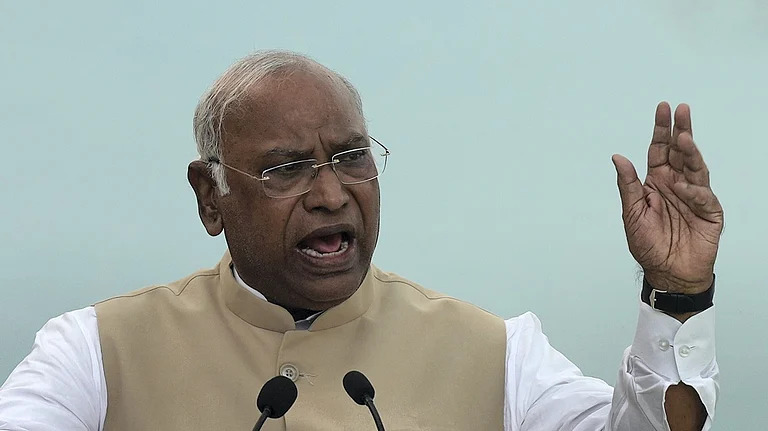

.jpg)

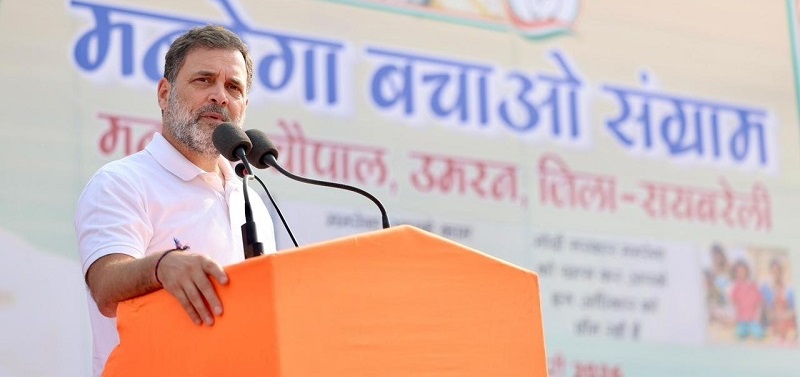
.jpg)


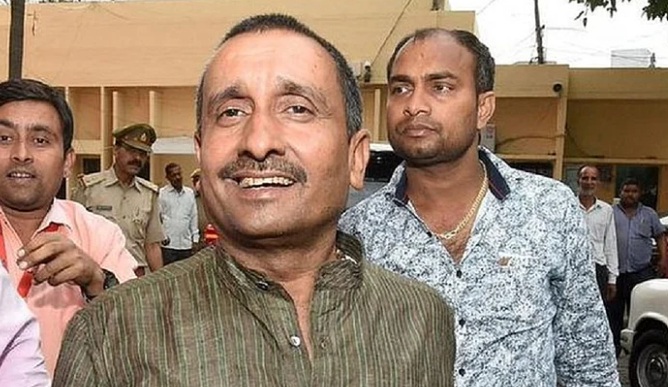




.jpg)
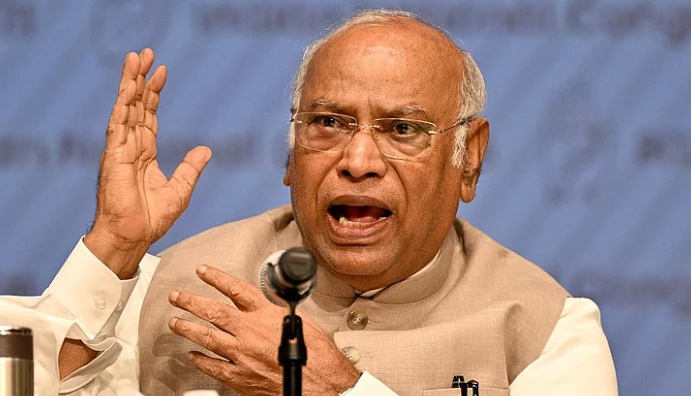


 Guatemala President declares state of emergency as riots breaks out at three prisons
Guatemala President declares state of emergency as riots breaks out at three prisons BJP attempting to centralize power: Rahul Gandhi
BJP attempting to centralize power: Rahul Gandhi Modi Government Will Now Turn the Right to Work into 'Revdi' : Congress
Modi Government Will Now Turn the Right to Work into 'Revdi' : Congress Unnao Rape Case: Delhi HC rejects plea to suspend 10-year sentence in custodial death case of Kuldeep Sengar
Unnao Rape Case: Delhi HC rejects plea to suspend 10-year sentence in custodial death case of Kuldeep Sengar


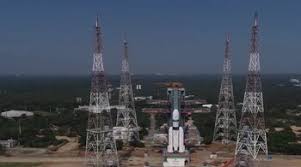

.jpg)
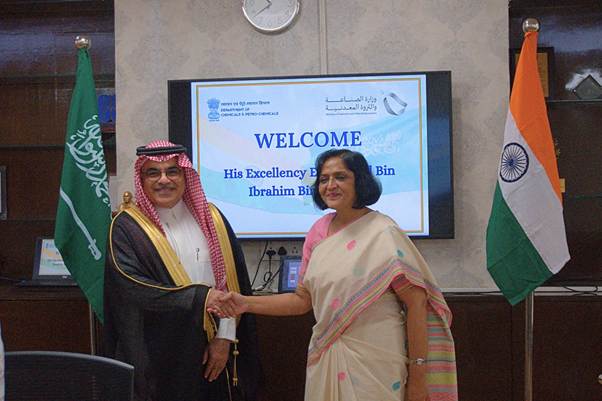
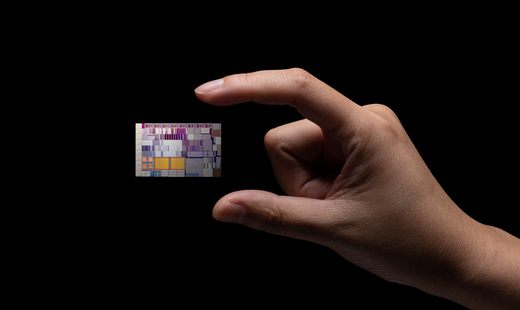






.jpg)






.jpg)








